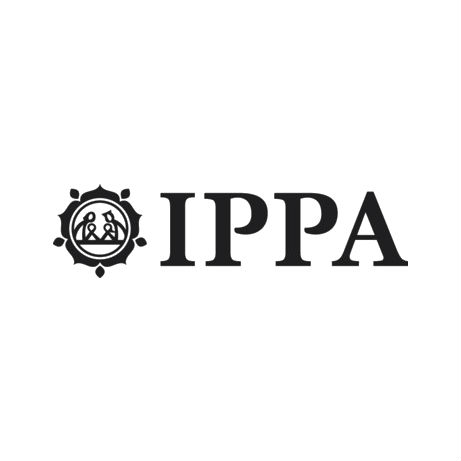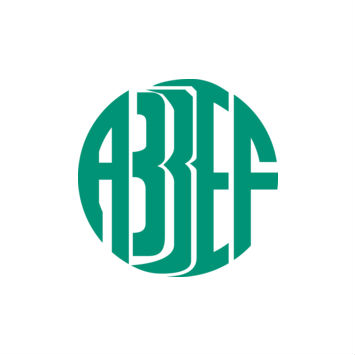

| 31 March 2016
Indonesian Planned Parenthood Association
The Indonesian Planned Parenthood Association (IPPA) initiated Indonesia’s family planning movement in 1957 by setting up facilities to provide advice and services. It did so in the face of strong opposition from the government and religious leaders, but in the intervening years it has prospered and grown, and now delivers an extensive range of sexual and reproductive health (SRH) services. IPPA operates a network of 96 service outlets including 45 permanent clinics, 25 mobile facilities, 50 associated centres/organizations and 56 community-based distributors/community-based services (CBDs/CBSs). The organization’s firm belief is that personal welfare and good health, and national prosperity are dependent to a large degree on access to SRH information and services. IPPA is particularly attuned to the needs of vulnerable and marginalized groups, and runs specific projects for street children, men who have sex with men, transgender men and female sex workers. Contacts Website: www.pkbi.or.id Twitter: https://twitter.com/suarapkbi

| 31 March 2016
Association Burkinabé pour le Bien-Etre Familial
Association Burkinabé pour le Bien-Etre Familial (FPABF) was set up in 1985. Staff and over 1,000 volunteers work to provide sexual and reproductive health (SRH) services to poor and marginalized people. Services include antenatal and post-natal care, prevention and treatment of sexually transmitted infections (STIs) including HIV and AIDS, provision of antiretroviral drugs, voluntary counselling and testing (VCT), screening for cancers of the reproductive system, post-abortion care, prevention of mother to child transmission (PMTCT) of HIV and AIDS, and home-based care for people living with HIV and AIDS. FPABF’s work reaches out to the poor and marginalized, and the organization runs special initiatives focused on reaching young people on the streets, people living with HIV and AIDS, and students. Professional training is provided to young people, including members of FPABF’s Youth Action Movement, which enables them to participate in small-scale profitable ventures and escape poverty. The nation has severe SRH challenges in terms of lifetime risk of maternal death and unmet need for contraception. One of the most serious issues in Burkina Faso is the 66% prevalence of female genital mutilation: a psychologically traumatic experience, an infringement of human rights and a source of substantial physical damage requiring major medical intervention. FPABP works in partnership with the Ministry of Health, the Secretariat Permanent des Organisations Non Gouvernementales (SPONG), Réseau des ONG en population et développement (REOPOD) and a range of funders including UNFPA, the EU, UNICEF and DANIDA. Facebook: https://www.facebook.com/www.abbef.net/







